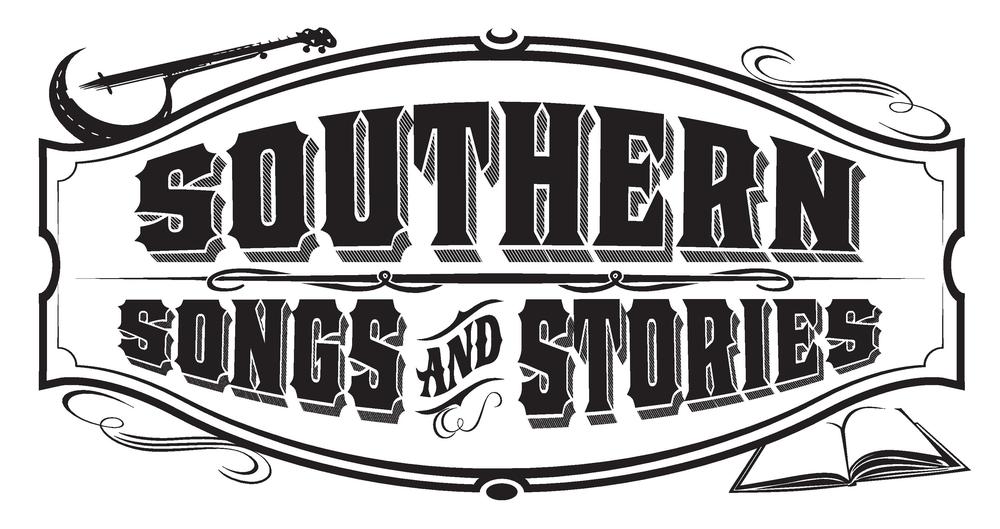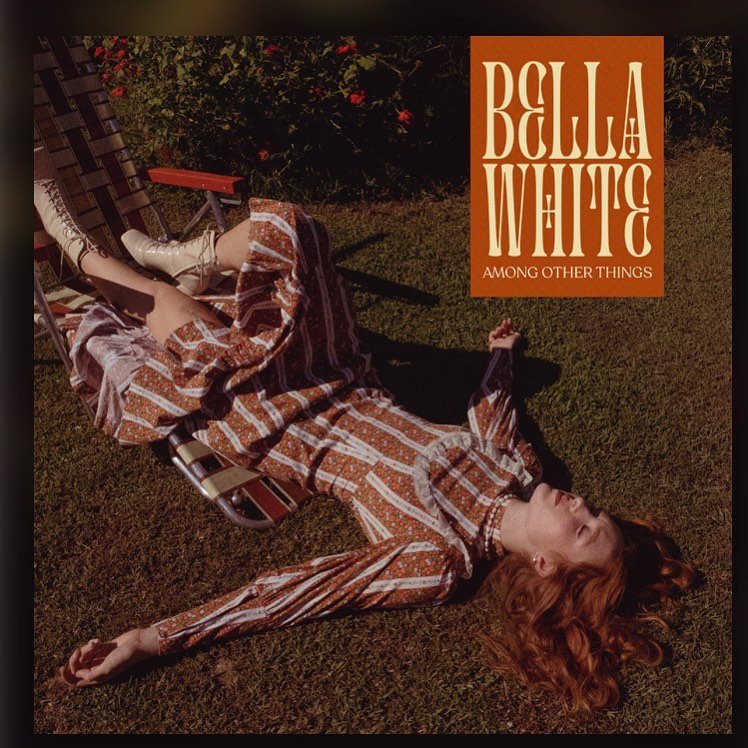In 2024, I had the idea to produce podcasts based on interviews from MerleFest, with the theme being a focus on both first-time performers and veterans. Combining two artists who made their debuts resulted in the episode “Rural Roots That Run Deep With Nick Shoulders and Adeem The Artist”, we followed that with two of the festival’s mainstays in the episode “Jim Lauderdale, Donna the Buffalo and the Many Collaborations Of MerleFest”. It was great fun to compare and contrast artist experiences at the venerated event between newcomers and returning veterans, as well as dive into their stories and music along the way.
This year, I picked up on the approach once again, interviewing bluegrass heroes Woody Platt and Buddy Melton in the episode that immediately precedes this one, titled “A New Team For Two Heavy Hitters Of Bluegrass: Woody Platt and Buddy Melton”. Now, we celebrate another MerleFest newcomer, Tami Neilson. Although she just made her first stop at the festival, she is no novice in the roots music scene, having grown up in a family band and having made records since 2008; I was all smiles when I saw her on the MerleFest lineup for 2025. Fun fact: when I sent in the request to feature Tami on this podcast, her publicist replied, “So just to be clear here — Tami is for Southern Songs & Stories? She is originally Canadian and lives in New Zealand so just checking!” I chuckled and replied, “Yes, that’s correct. I break my own rules every so often. I’ve featured Ruen Brothers, Colin Hay and others over the years. New Zealand is south too right? ;-)”
I spoke with Tami Neilson late at night, after her rousing Dance Tent performance, where she talked about her love of wide ranging musical journeys, her own journey to her adopted country of New Zealand, growing up in a family band and now bringing her sons on stage from time to time, playing the Grand Ole Opry and making music with greats like Willie Nelson, and a whole lot more.
Tami Neilson playing her first of two sets at MerleFest on April 25, 2025. Photo: Willa Stein
Songs heard in this episode:
“Baby, You’re A Gun” by Tami Neilson, from Kingmaker
“Learn To Try Again” by The Chills, from Spring Board: The Early Unrecorded Songs, excerpt
“Borrow My Boots” by Tami Neilson, from Neon Cowgirl, excerpt
“Beyond The Stars” by Tami Neilson, featuring Willie Nelson, from Kingmaker, excerpt
“You’re Gonna Fall” by Tami Neilson, featuring JD McPherson, from Neon Cowgirl
Thanks for reading and listening! We hope you can help spread awareness of what we are doing. It is as easy as telling a friend and following this podcast on your platform of choice. You can find us on Apple here, Spotify here and YouTube here — hundreds more episodes await, filled with artists you may know by name, or musicians and bands that are ready to become your next favorites.
This series is a part of the lineup of both public radio WNCW and Osiris Media, with all of the Osiris shows available here. You can also hear new episodes on Bluegrass Planet Radio here. WNCW intern Elena Dickson deserves a big thanks for jumping in on production work for this episode in her very first week! Thanks as well to Jaclyn Anthony for producing the radio adaptations of this series on WNCW, where we worked with Joshua Meng, who wrote and performed our theme songs. This is Southern Songs and Stories: the unfolding history and culture of music rooted in the American South, and going beyond to the styles and artists that it inspired and informed. - Joe Kendrick

























